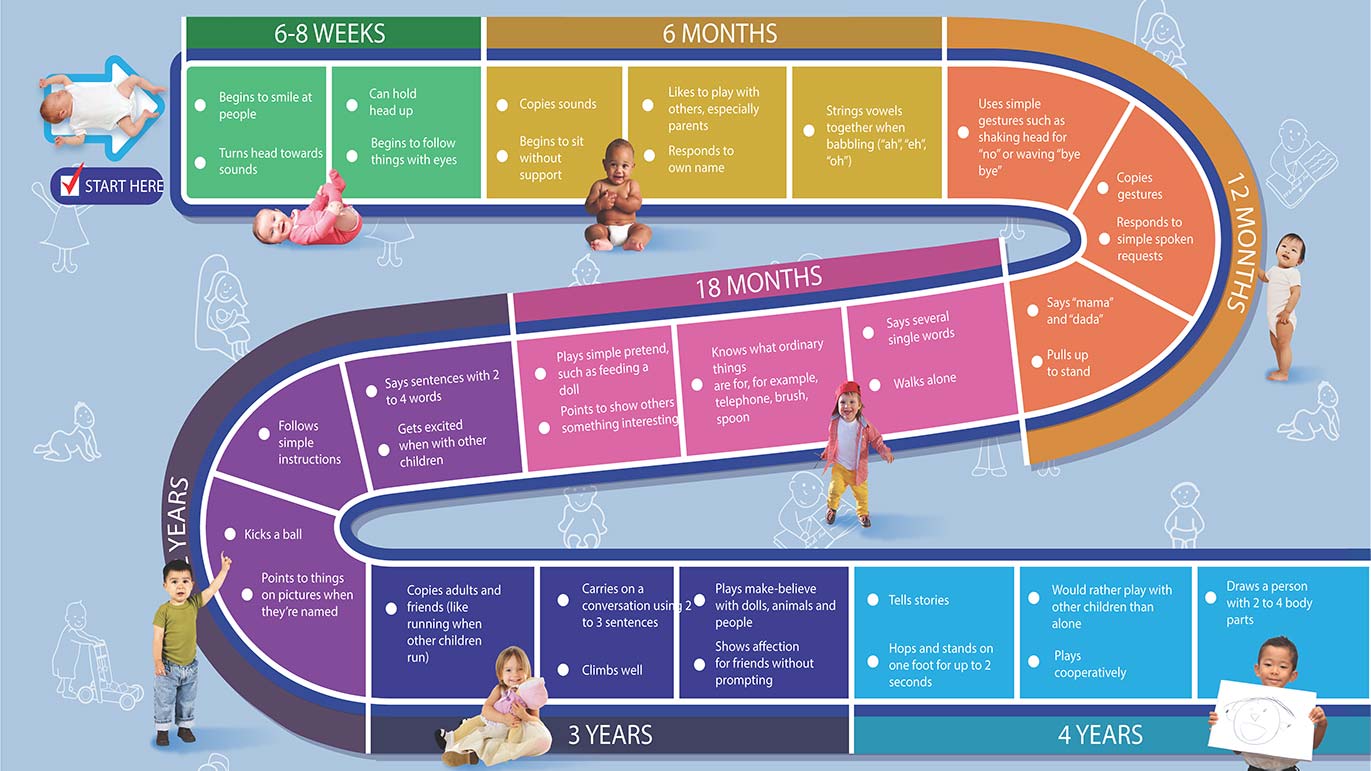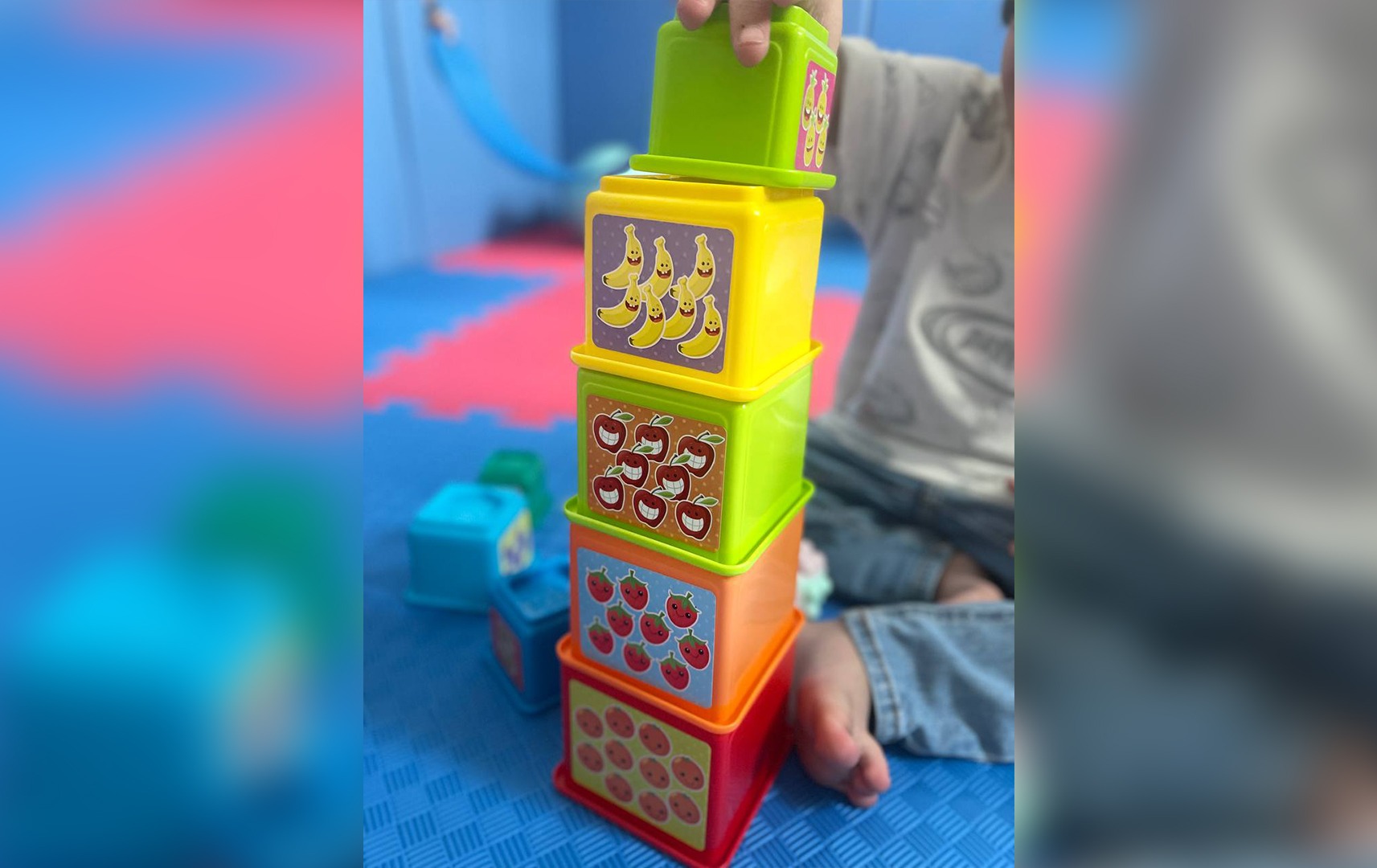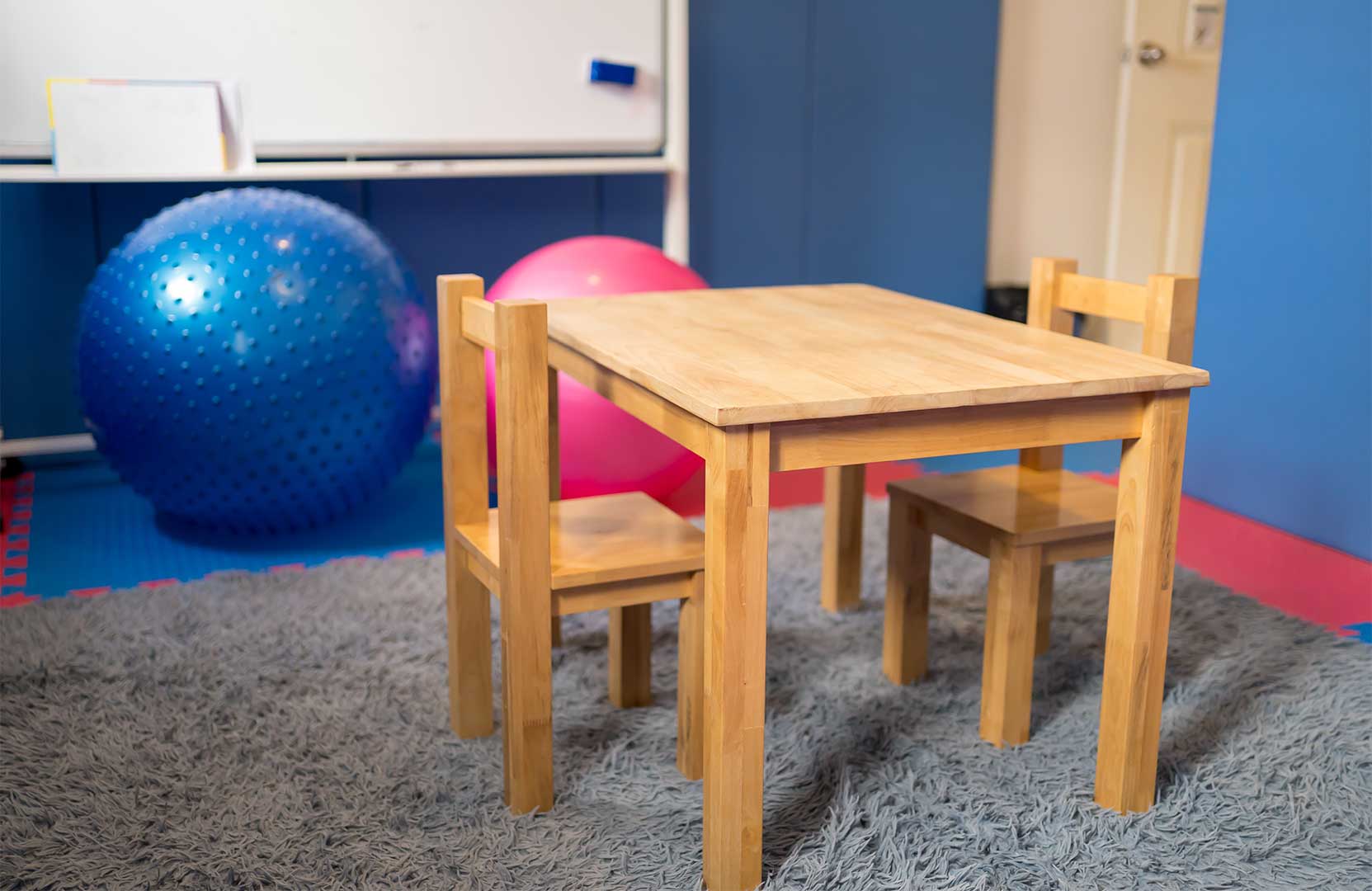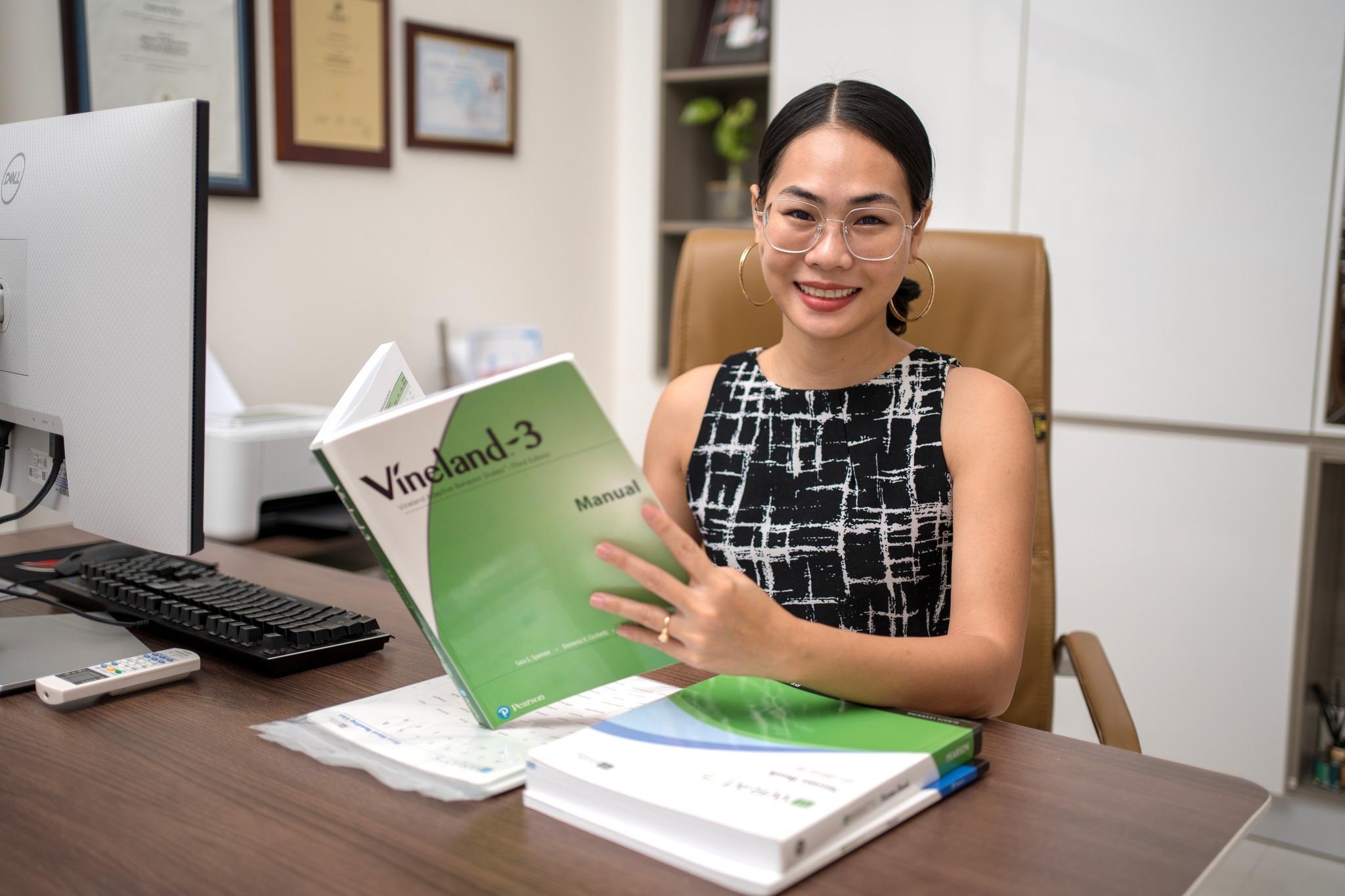A developmental assessment is a formal evaluation of a child’s development. It is used to identify children who may be at risk for developmental delays or disabilities. Developmental assessments are typically conducted by trained professionals, such as developmental pediatricians, child psychologists, speech-language pathologists, occupational therapists, and physical therapists.
Developmental assessments are important because they can help to identify children who need early intervention services. Early intervention services can help children to reach their full potential and prevent developmental delays from becoming more serious problems.
What is the purpose of a developmental assessment?
The purpose of a developmental assessment is to:
- Identify children who may be at risk for developmental delays or disabilities
- Determine the child’s strengths and weaknesses
- Develop a plan to help the child reach their full potential
- Monitor the child’s progress over time
What areas of development are assessed?
Developmental assessments typically assess the following areas of development:
- Cognitive development: This includes the child’s thinking skills, problem-solving skills, and memory.
- Communication development: This includes the child’s ability to understand and use language.
- Social-emotional development: This includes the child’s ability to interact with others and manage their emotions.
- Motor development: This includes the child’s physical skills, such as walking, running, and jumping.
How is a developmental assessment conducted?
Developmental assessments can be conducted in a variety of ways. The specific methods used will depend on the child’s age and the area of development being assessed.
Common assessment methods include:
- Observation: The professional will observe the child during play, activities, and interactions with others.
- Standardized tests: These are tests that have been developed and standardized to measure specific developmental skills.
- Parent interview: The professional will ask the parents questions about the child’s development, medical history, and family history.
- Review of medical records: The professional will review the child’s medical records to look for any signs of developmental problems.
How long does a developmental assessment take?
The length of a developmental assessment will vary depending on the child’s age and the area of development being assessed. However, most assessments take between 1 and 3 hours.
What happens after the assessment?
After the assessment, the professional will meet with the parents to discuss the results. The professional will explain the child’s strengths and weaknesses and develop a plan to help the child reach their full potential.
If the child is found to have a developmental delay or disability, the professional will recommend early intervention services. Early intervention services can help the child to reach their full potential and prevent developmental delays from becoming more serious problems.
Benefits of developmental assessments
Developmental assessments offer a number of benefits, including:
- Early identification of developmental delays or disabilities: Early identification of developmental delays or disabilities is essential for providing children with the early intervention services they need to reach their full potential.
- Individualized assessment: Developmental assessments are individualized to meet the specific needs of each child. This allows professionals to get a comprehensive understanding of the child’s strengths and weaknesses.
- Collaboration with families: Developmental assessments are a collaborative process between professionals and families. This allows parents to be involved in the assessment process and to learn how to support their child’s development at home.
When should a child have a developmental assessment?
All children should have a developmental screening at their 9, 18, and 24-month well-child checkups. If the child does not pass the screening, they may need a developmental assessment.
Other times when a child may need a developmental assessment include:
- If the child is experiencing developmental delays in one or more areas
- If the child has a medical condition that is known to affect development
- If the child has a family history of developmental delays or disabilities





Talk to your baby in a high-pitched, singsong voice. This will help to capture their attention.